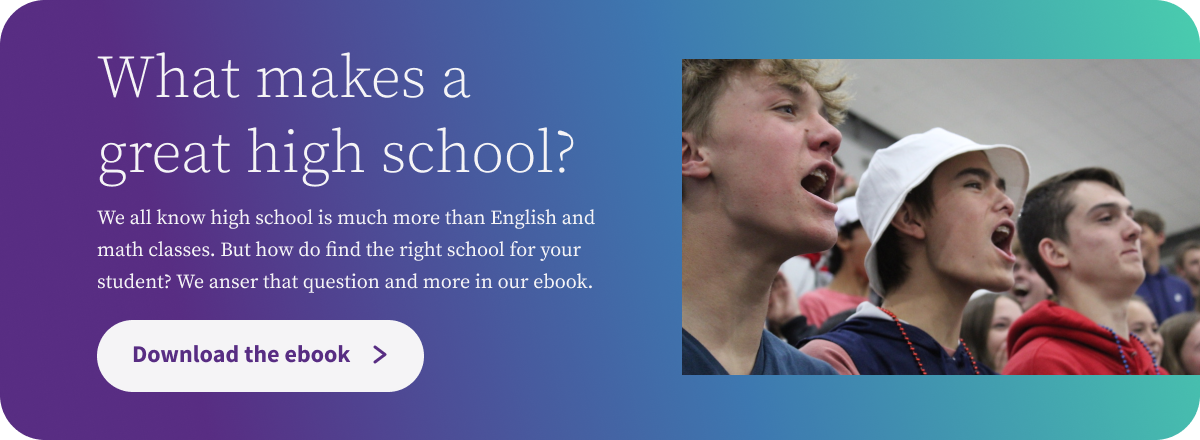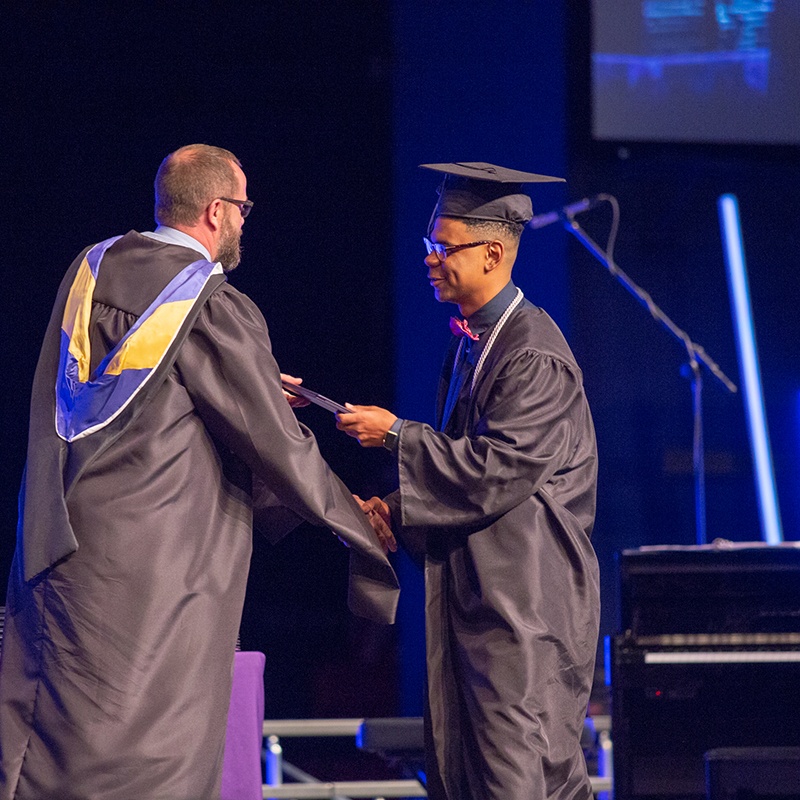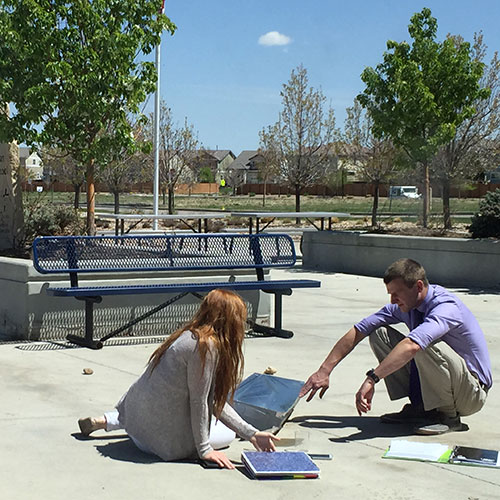What does college readiness look like when taught in high school?
Academic preparedness is only one aspect of a student ready for college. Other life skills such as accountability and problem-solving need to be taught.
BY Hannah Buchholz
Academically preparing students for college is the minimum expectation parents should hold for a high school. But, these days, students need so much more than academic readiness when they graduate. High school is a time to bridge the gap into adulthood. Parents should expect high schools to teach life skills such as accountability, ownership of mistakes, and time management.
Think back to your college years. How much success in your college career depended on your academic preparedness? How much was contingent on life skills such as conflict resolution and work ethic?
Now think about your first job interviews. Did the interviewer have questions about your GPA, or did they ask you to give examples of your problem-solving skills?
It’s a tall order to prepare students equally for both life and academics, but that is where great high schools shine. Lutheran High believes that student success goes beyond the classroom into the development of a whole person. This is what it means to thrive, not merely survive in high school.
Bachelor degrees - even masters or Ph.D.s for that matter - don’t translate into post-graduate success. High schools that invest in the development of the whole person - academically, emotionally, and spiritually - will graduate more students ready for success in the real world.
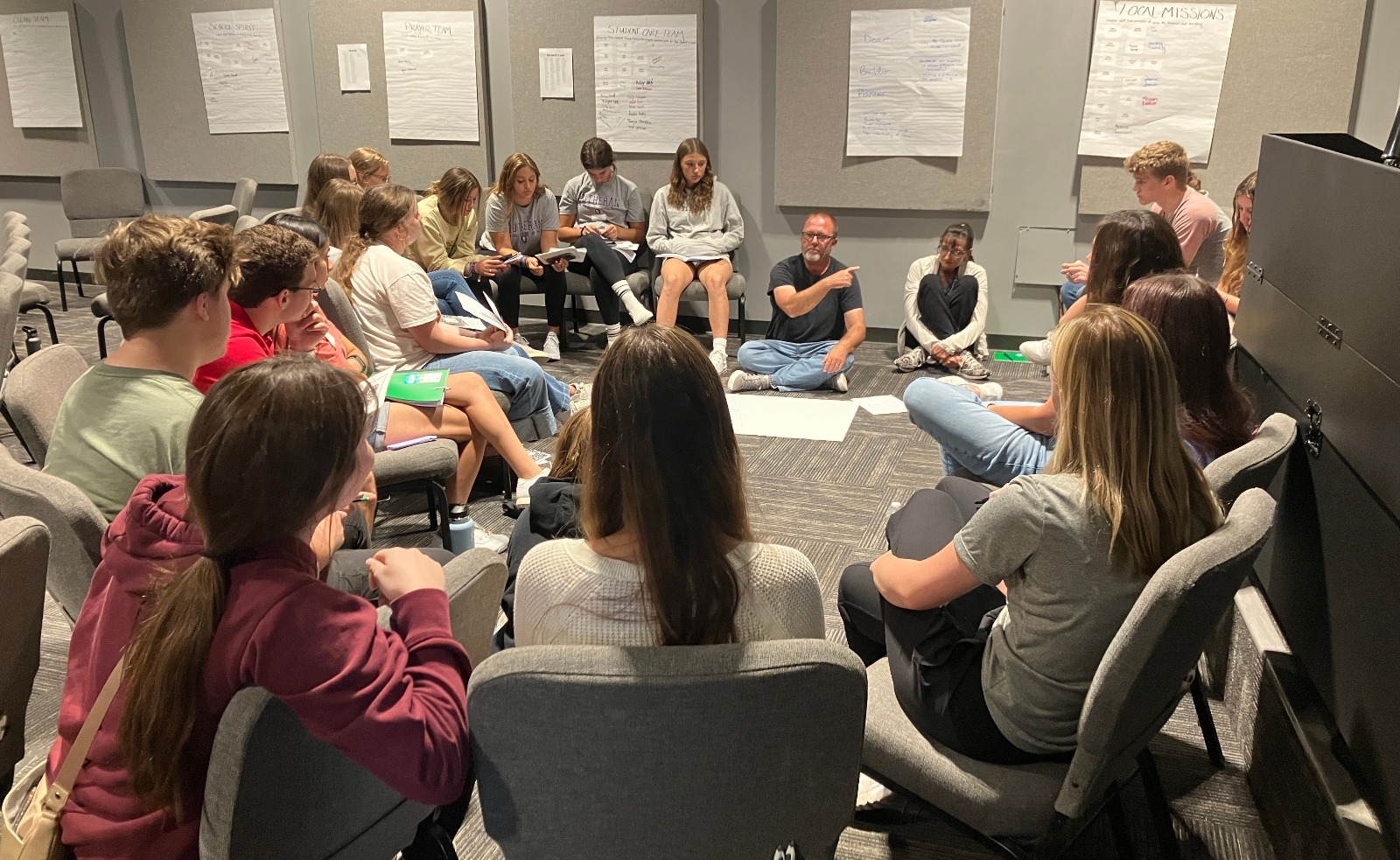
Problem Solving in the Classroom
A successful adult can problem solve well. In turn, those adults will make a more significant impact on their communities.
In the world of Google, problem-solving in the classroom is taking on a very different shape. In an article by Teacher Vision, problem-solving involves three essential functions:
Just Google It
The seeking information - or the “just Google it” - function is only the first step. But, it’s also the step where most students stop. The next steps - generating new knowledge and making decisions based on that knowledge - are where the rubber meets the road in problem-solving. Teachers who can lead students beyond information seeking are who we would call "rockstars."
Students who generate new knowledge or come up with their own solutions take responsibility for their education. They are active participants in the classroom. Each student brings a unique perspective to the problem. This leads to new insight into the problem and decisions based on their unique perspective.
The Opposite Approach
As Mr. Blomenberg shares, the style of teaching we try to avoid at LuHi is, “Students, the answer is A. What’s the answer? A.” Our goal is the opposite of teaching to a test or regurgitating information.
Students don’t need teachers to tell them answers; they already have devices at their fingertips to do that for them. All they have to say is, “Hey, Siri.” Information by itself is rather useless until it's applied.
Dynamic teachers do not rely on one method of getting information across to students. Lectures, group work, and hands-on projects all have a place in the classroom. Good teachers take steps beyond seeking information to generate new knowledge in students.
Rockstar teachers take problem-solving even further. They ask students to make decisions based on the new information or opinions they’ve formed based on their research.
Students who have practiced this skill before college will stand out. Google holds an infinite amount of information. In high school, students need to understand how to problem solve beyond the data.
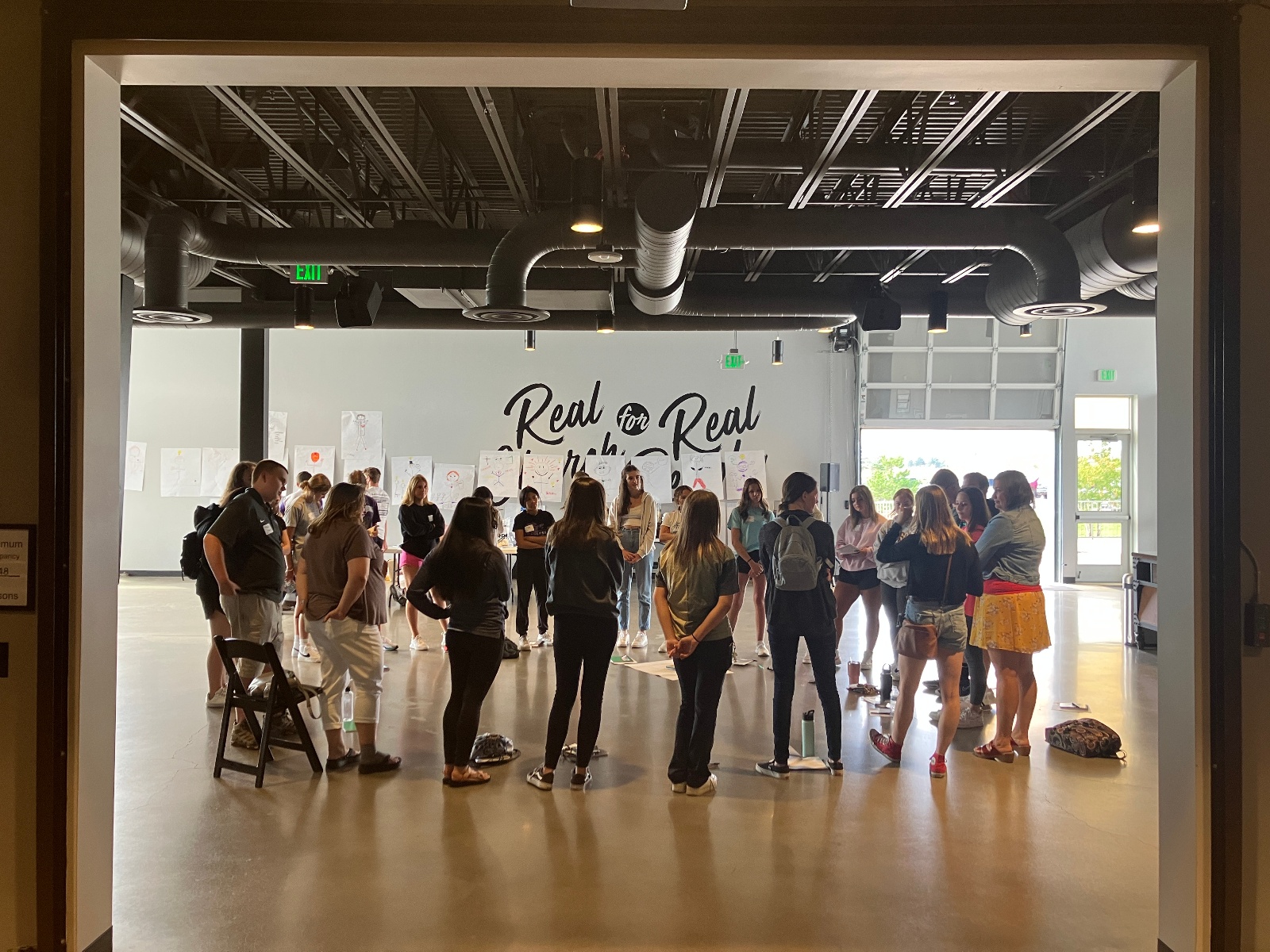
Problem Solving Beyond the Classroom
Problem-solving goes beyond the classroom, as Mr. Ness says in the video. Life skills are more complicated to teach students. Teachers have to be intentional about raising students up in this area.
At LuHi, this starts by encouraging students to be "all-in" with school culture. We encourage kids to take ownership of their space. We help them with organizational skills. We walk them through best practices for conflict resolution (Matthew 18).
An emphasis is placed on punctuality, preparedness, and a strong work ethic. These life skills lay the building blocks for problem-solving.
Teenagers crave accountability. A few years back, our Dean Team polled the student body, asking for feedback on ideas for improvement. Overwhelmingly, students said they valued teachers who held their classmates accountable for little things like dress code or class participation. Accountability creates responsibility.
Teachers are role models. High schoolers are constantly watching what adults around them do and act. When they see teachers committed to their craft, they will learn how to be committed to their own studies and extracurricular commitments. Seeing their teacher or parents solve issues will be an example of how they should (or shouldn’t) solve problems in their own lives.
Training students for adulthood should not be a delayed process. Parents should seek a school full of teachers who instill the same values they teach at home. Students who understand the importance of coming to class prepared and on time, and the value of participating will be more ready to jump feet first into life away from their parent’s house.
Students about to leave their high school, hometown, and parents equipped with problem-solving skills are better prepared for adulthood.
All students can thrive in high school. Sure, not every student will be an A+ student. But, every student is capable of learning the necessary skills needed to be a productive member of society. With the proper guidance, graduates will be able to think critically. Problem-solving - in and out of the classroom - will be second nature. When students see the great things they are capable of at a young age, they will be able to replicate them in college and beyond.
Originally posted in 2018, updated in 2022

